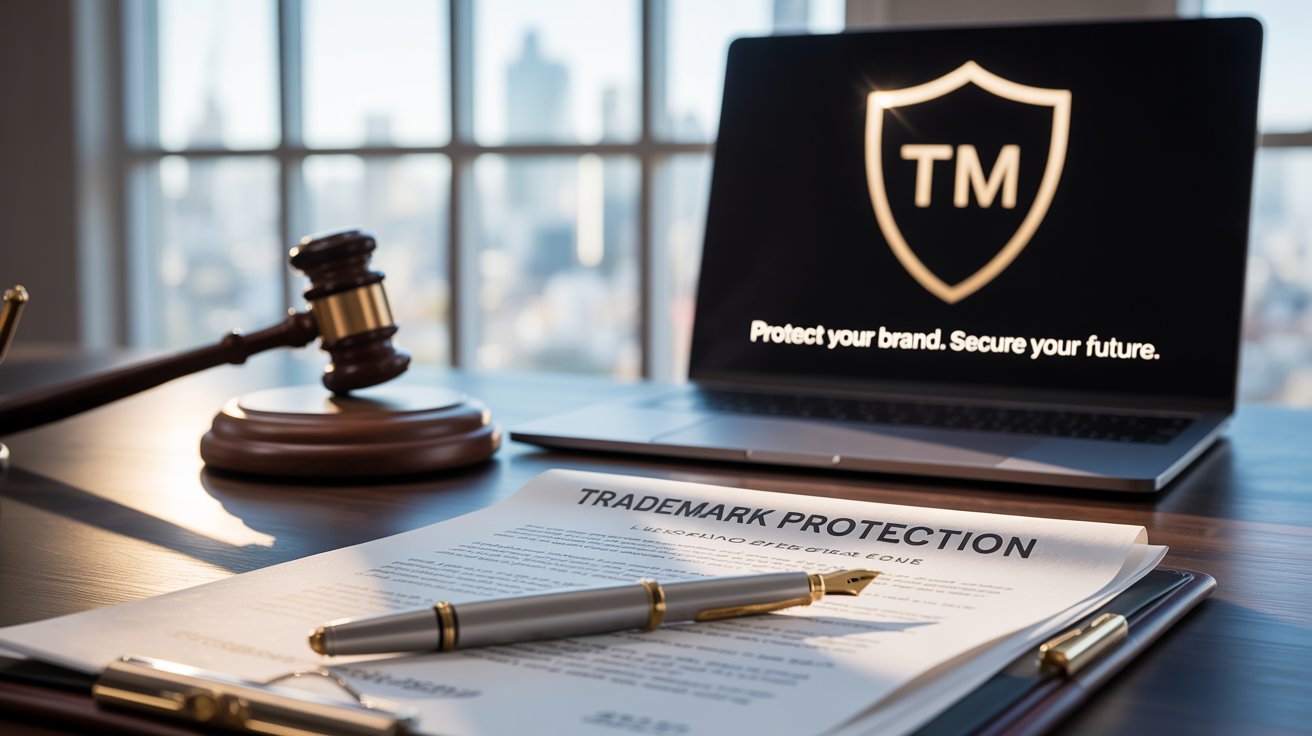Well-Known Trademarks in India: Why They Matter More Than You Think
In a world where a logo or a tagline can trigger instant recognition, trademarks have become far more than just legal assets—they represent emotions, trust, and identity. Whether it’s the golden arches of McDonald’s or the swoosh of Nike, well-known trademarks evoke a sense of familiarity and assurance. However, what many overlook is the painstaking legal journey behind these marks, where businesses fiercely protect their brand identities, and lawyers play a pivotal role.
As corporate lawyers, we often see how companies spend years building their reputation, only to find themselves in legal battles to defend it. The concept of “well-known trademarks” in India offers a powerful layer of protection, but what does it really mean, and why should it matter to you?
What Is a Well-Known Trademark?
A well-known trademark is a mark that has gained substantial recognition and goodwill among the public. Even if the mark is not registered in every class of goods or services, it is still protected from misuse across different categories.
For instance, TATA is a well-known trademark in India. Even if TATA does not produce shoes, no other entity can use the mark ‘TATA’ for footwear, as it could mislead consumers and unfairly capitalize on the established reputation.
The Legal Backbone: Protecting Well-Known Trademarks
Under Section 2(1)(zg) of the Trade Marks Act, 1999, a well-known trademark is defined as a mark that the public widely recognizes due to its substantial use. The law empowers trademark owners to prevent the use of identical or deceptively similar marks, even in unrelated goods or services.
From a lawyer’s desk, defending these trademarks is no small feat. It involves:
- Proving the mark’s reputation: Lawyers must present compelling evidence, including advertisements, sales figures, and public recognition.
- Battling infringement: When a trademark is misused, legal teams initiate civil suits, seeking injunctions, damages, and even criminal action in cases of counterfeiting.
- Preventing dilution: Even minor misuse by unrelated brands can gradually weaken a strong trademark’s distinctiveness—a threat that lawyers vigilantly guard against.
Landmark Cases That Shaped Trademark Protection in India
- TATA Sons Ltd. v. Manu Kosuri & Ors. (2001)
The Delhi High Court restrained the defendants from using the domain name tata.com, recognizing that the mark ‘TATA’ enjoys well-known status. The court emphasized that domain names are akin to trademarks and deserve equal protection. - Daimler Benz v. Hybo Hindustan (1994)
The Delhi High Court barred a company from using the mark Benz on undergarments, noting that such use could damage the reputation of the globally recognized luxury car brand. The ruling reinforced the sanctity of well-known trademarks across different industries. - ITC Ltd. v. Punchgini Inc. (2007)
In this case, the Delhi High Court held that even if a trademark is not registered in India, its global reputation can still grant it protection, setting a precedent for foreign brands.
Why It Matters Beyond the Courtroom
For entrepreneurs and businesses, trademark protection is not just a legal necessity—it’s about safeguarding the heart and soul of their brand. Imagine building a name over decades, only to see it exploited by a knockoff brand selling inferior products. For consumers, it’s about trust and consistency. A recognizable trademark assures quality, while its misuse could mislead buyers.
As lawyers, we witness the emotional investment brands put into their trademarks. It’s more than paperwork—it’s their story, their reputation, and their legacy. Defending a well-known trademark is about preserving the value that businesses and consumers place in a name.
Key Takeaway: Legal Protection as a Business Asset
If you own a brand that has gained significant recognition, consider seeking well-known status. It adds an extra layer of protection, making it harder for others to exploit your reputation. As lawyers, we encourage businesses to prioritize trademark registration and vigilantly monitor for infringement—because sometimes, your name is your most valuable asset.







